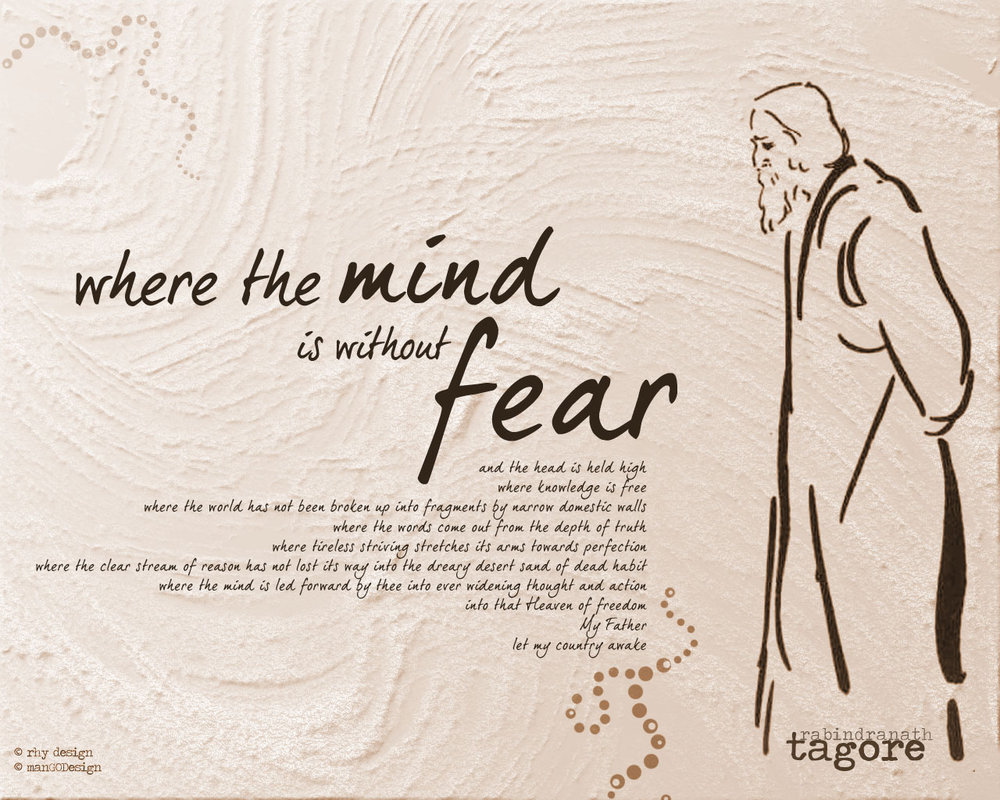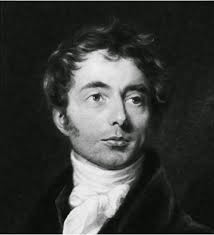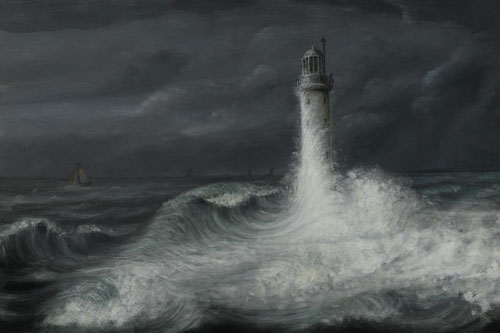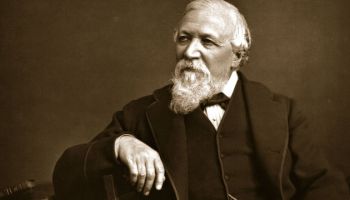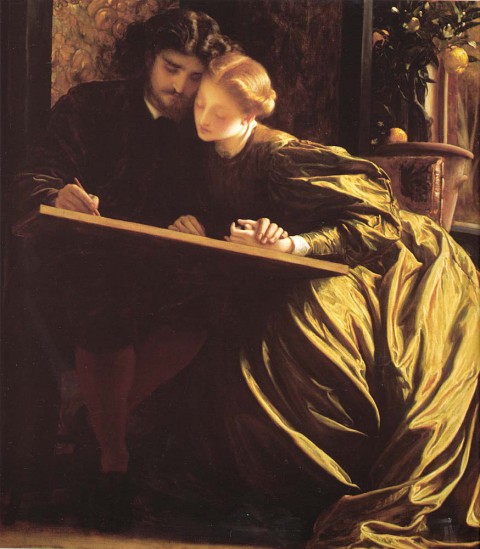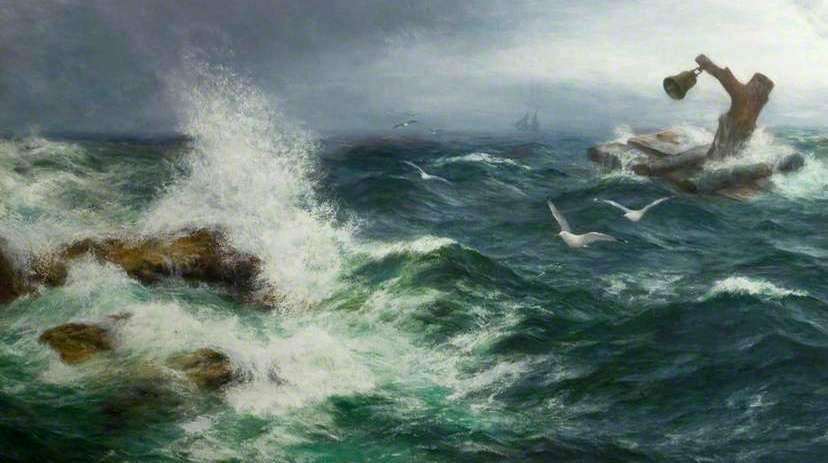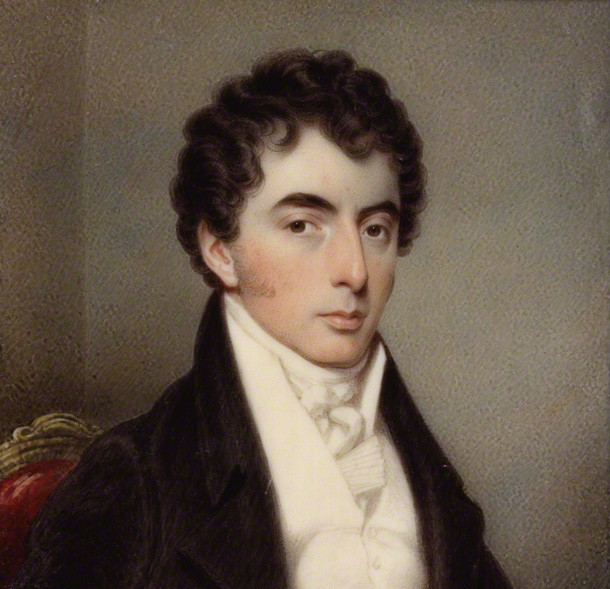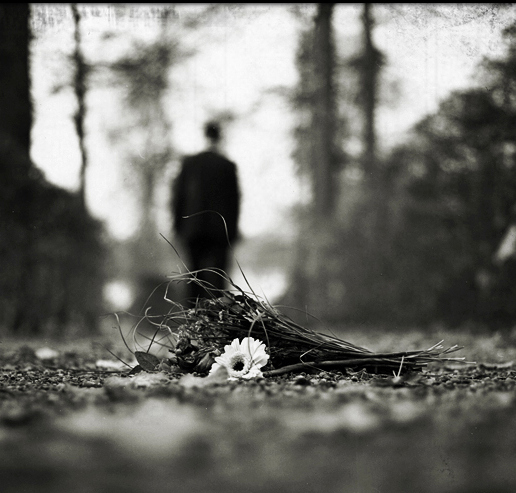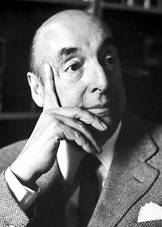This poem summary of ‘Hauntings’ by Rupert Brooke is divided into three parts – context, rhyme scheme, and themes.
Context: The first part of the poem explanation focuses on the context in which this poem was written by Brooke. It was written in 1914. The political situation was tense at the time. It was the time of the First World War. Either the war had already broken out, or it was on the cards at least. Either way, the current global situation greatly disturbed Brooke. A reading of his other more famous poems, such as the ones on war, shows that Brooke was excited by the prospect of fighting in the war. Perhaps he knew he would lose surely lose his life in such an endeavour, and this had lead him to reflect on death and the afterlife. However, if this premonition seems to far-fetched, we can more easily argue that thoughts on death and the afterlife were bound to be common among men of Brooke’s generation who were encountering the loss of human life at a far greater degree than man had done ever before in all of recorded history. Seeing such sights could very easily have led Brooke to write a poem like ‘Hauntings’ in which he seems to be aware that one who has died among such a tumultuous political situation will never be able to rid himself entirely of such memories at any point of time, not even in the afterlife.
Rhyme Scheme: ‘Hauntings’ is a sonnet. A sonnet consists of fourteen lines divided into an eight-line unit known as an octet, and a six-line unit known as a sestet. The octet and sestet can together form a single stanza, or appear as two separate stanzas (which is the case in ‘Hauntings’). Sonnets typically occur in two types of rhyme schemes – in the pattern ABBA ABBA CDE CDE , known as the Petrarchan sonnet, or in the pattern ABAB CDCD EFEF GG, known as the Shakespearian sonnet. In ‘Hauntings’ neither of these patterns is followed in its entirety. The rhyme scheme of ‘Hauntings’ is as follows: ABAB CDCD EE FGFG. Thus it is an atypical sonnet.
Themes: This part of the poem summary focuses on the two major themes found in ‘Hauntings’ – reverse point of view, and memory.
Reverse point of view refers to the fact that Brooke, being a flesh-and-blood man living an earthly life, is writing from the point of view of a spirit in the afterlife. While doing so, Brooke reveres all conventional notions of death. While it is believed that death is the end of all traces of earthly life, Brooke asserts that in death some traces of it always remain. Last but not least, the most interesting reversal in the poem occurs when Brooke describes how ghosts, who are typically thought to haunt man, are themselves haunted by memories of their previous lives on earth.
Memory is the other important theme that this poem analysis shall talk about. Memory is the most important faculty in Brooke’s opinion. While flesh may decay in death, memory does not. The dead, and spirits as such, may seem far away from human life, but what is common to both is the persistence of memory. While the living always remember their dead (and this is more so the case with soldiers whose graves are now open for public viewing), the dead also remember the living. Thus it is natural that Brooke should approach the question of spirits through the mediation of memory. It is equally natural that he would want to emphasize this commonality of men with spirits, for many men living at the time of the First World War had lost their friends or families in war. Though war is not a direct concern of Brooke in this poem, and a few other poems of his that deal with diverse themes, war is always at the back of his mind, and forms part of all his mental reflections.
Dear Readers- If this summary/analysis has helped you, kindly take a little effort to like or +1 this post or both. Make sure you like Beamingnotes Facebook page and subscribe to our newsletter so that we can keep in touch. We’ll keep informing you about stuffs that are really interesting, worth knowing and adds importance to you.
Some online learning platforms provide certifications, while others are designed to simply grow your skills in your personal and professional life. Including Masterclass and Coursera, here are our recommendations for the best online learning platforms you can sign up for today.
The 7 Best Online Learning Platforms of 2022
- Best Overall: Coursera
- Best for Niche Topics: Udemy
- Best for Creative Fields: Skillshare
- Best for Celebrity Lessons: MasterClass
- Best for STEM: EdX
- Best for Career Building: Udacity
- Best for Data Learning: Pluralsight
